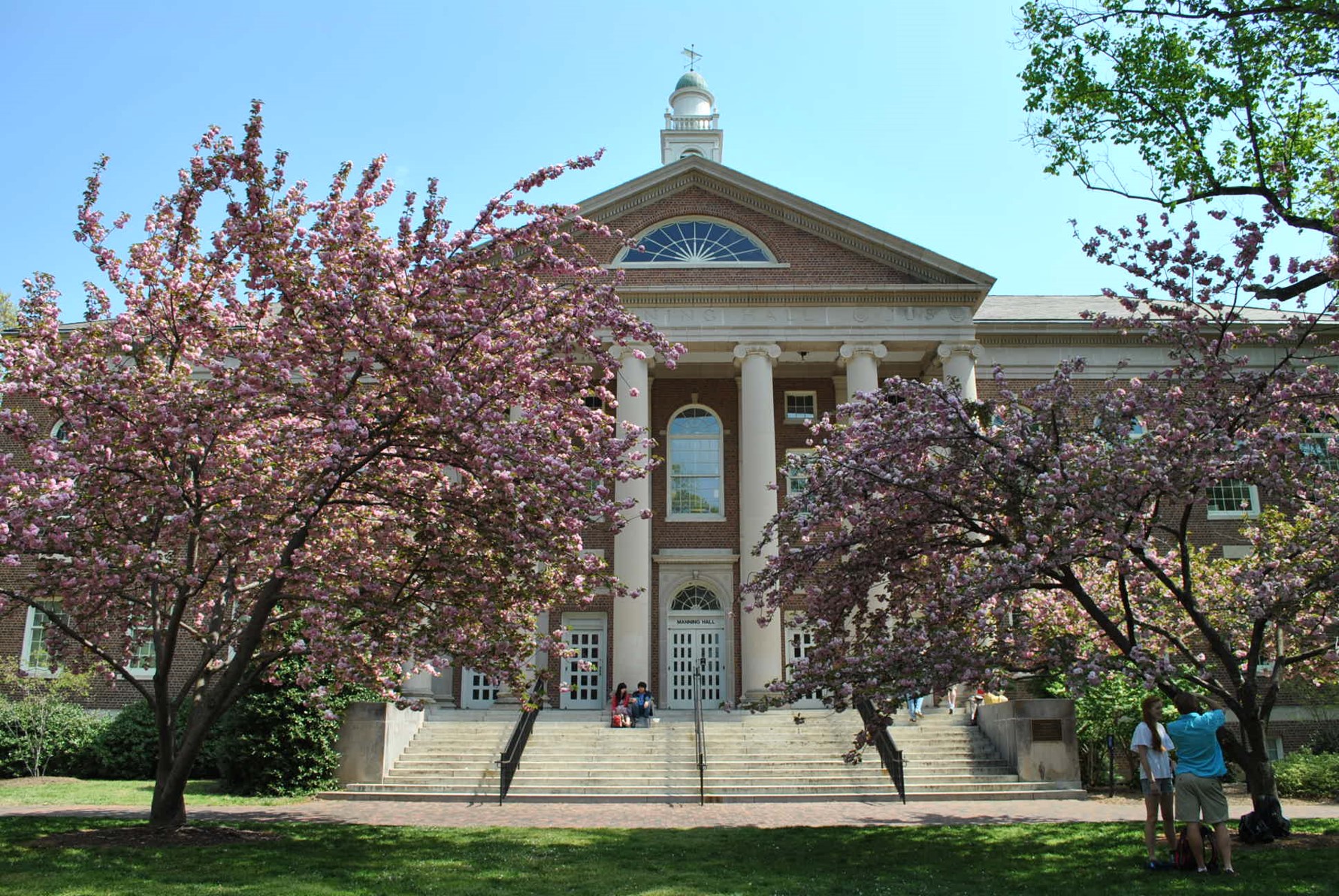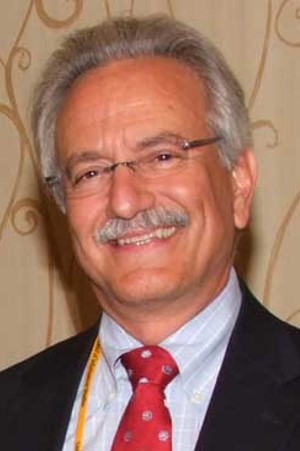School of Information and Library Science
Research Interests
Information interaction, human-computer interaction, human-centered computing, information retrieval, digital libraries, information architecture, digital government, cyberspace identity, information policy
Recent Teaching
He formerly taught courses in human-information interaction, interface design and testing, and digital libraries. He headed the Interaction Design Laboratory at SILS from 1998-2012 and heads the Center for Information Impact at SILS. His Ph.D. is from Wayne State University in mathematics education with an emphasis on educational computing. He was previously professor in the College of Library and Information Services at the University of Maryland and a member of the Human-Computer Interaction Laboratory (1983-1998). He received the 2010 UNC Faculty Award for Excellence in Doctoral Mentoring, and the School of Information and Library Science Outstanding Teaching Award in 2009.
Principal Investigator
He is Principal Investigator and Co-PI for grants to support the Center for Information Impact (John S. and James L. Knight Foundation, William and Flora Hewlett Foundation, Luminate); grants from the Open Source Enterprise to deliver data management training programs; and a contract from the EPA to operate the EPA Research Library at RTP. He is co-PI for the i4G: iSchools' Identity, Interactions and Impact Grant from the Mellon Foundation.
He was Principal Investigator for the Results Framework Project funded by NSF (2008-2011) and organized the Information Seeking Support System Workshop with NSF support in June of 2008.
He was the PI for a collaborative project funded by the National Cancer Institute to develop usability guidelines for personal health records (PHRs) and PI for a NSF project that investigated the efficacy of Second Life for preserving ephemeral information.
He led the development of a digital video repository, The Open Video Project (1999-present) and was PI for a NSF-funded project to develop and test interfaces for video retrieval and browsing (Agile Views for video browsing: Advanced surrogates, control mechanisms, and usability).
He was the PI for a NSF-Library of Congress grant Preserving Video Objects and Context: A Demonstration Project that developed strategies for harvesting and preserving digital video context.
He was PI for multiple grants from the National Science Foundation's Digital Government Program that focused on helping people find and understand government statistical data, Integration of Data and Interfaces to Enhance Human Understanding of Government Statistics: Toward the National Statistical Knowledge Network.
He was PI for a U.S. Department of Education Challenge Grant project, the Baltimore Learning Community.
Research Awards
He received the American Society for Information Science and Technology Award of Merit in 2011.
He received the ASIST SIGUSE Outstanding Contributions to Information Behavior Award. November, 2014.
He received a Google Faculty Research Award in 2010 to support work on banner blindness in web search (with Felix Portnoy).
He received an IBM Faculty Research Award for 2006-07 to work on digital video surrogate creation and metadata evaluation (with Yaxiao Song).
He also received a Google Research Award to develop the Information in Life Video Series (2007-08) for the UNC-CH YouTube Educational Video Channel.
He also led a project Annotating Structured Documents, supported by Microsoft.
Leadership Positions
Professor Marchionini has served as Dean of SILS since 2010.
He is a member of the iSchools Board of Directors.
Professor Marchionini served for ten years as the Director of Evaluation for the Perseus Project (a digital library devoted to classical culture) and served for two years as the General Editor of Hypertext Publications for the Association of Computing Machinery.
He was the Conference Chair for ACM Digital Library '96 Conference, for the 2006 ACM/IEEE Joint Conference on Digital Libraries, and for the 2020 ACM/IEEE Digital Library Conference.
He was program chair for the 2002 ACM/IEEE Joint Conference on Digital Libraries and Americas-chair for the ACM SIGIR 2005 Conference.
He served as an at large member of the board of directors for the American Society for Information Science & Technology from 1998-2001.
He served a four-year term (2006-2010) on the Biomedical Library and Informatics Review Committee of the National Library of Medicine.
Dr Marchionini served as President (2009-10) of the American Society for Information Science and Technology .
Editorships
He is editor for the Morgan-Claypool Synthsis Series of lectures/monographs on Information Concepts, Retrieval, and Services.
He is co-editor-in-chief for the Journal of Information Science Theory and Practice, and Data and Information Management.
He was Editor-in-Chief for the ACM Transaction on Information Systems from 2002-2008.
In General
Professor Marchionini has had grants or contracts from the National Science Foundation, Council on Library Resources, the National Library of Medicine, the Library of Congress, Bureau of Labor Statistics, Kellogg Foundation, NASA, The National Cancer Institute, and Microsoft, among others.
He has published over 200 articles, chapters and reports in a variety of books and journals. He is author of a book titled Information Seeking in Electronic Environments published by Cambridge University Press, and Information Concepts: From books to cyberspace identities published by Morgan-Claypool.
He serves or has served on the editorial boards of the Journal of the American Society for Information Science, Information Processing and Management, Journal of Biomedical Discovery and Collaboration, Library and Information Science Research (1997-2007), Information Retrieval, Journal of Network and Computer Applications (1996-2007), Journal of Digital Information, Educational Technology, ACM Journal on Computers and Cultural Heritage (JOCCH), New Review of Multimedia and Hypermedia, and the International Journal on Digital Libraries.
Current interests and projects are related to: impact of information on individuals, society, and human knowledge; interfaces that support information seeking and information retrieval; usability of personal health records; multimedia browsing strategies; digital libraries; information architecture; personal identity in cyberspace; and evaluation of interactive media, especially for learning and teaching.

